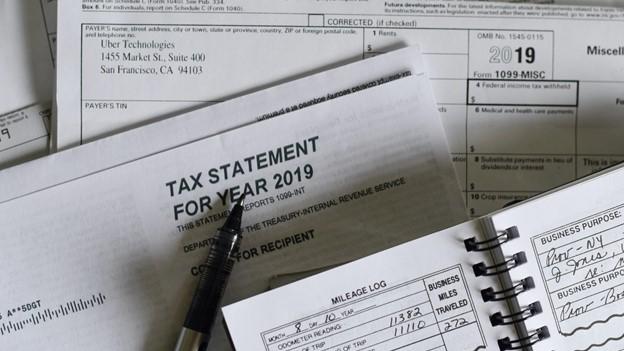Tax Traps Startups Can Avoid

When you’re starting a new business, the ultimate goal in mind is financial stability. But like with any type of success, careful planning is key. And with startups, tax planning is crucial in order to prevent a small financial problem from snowballing. Tax planning should be part of the risk management strategy businesses implement to find a balance between the financial risks and rewards. With good tax planning, you can come up with the right strategies to reduce tax liabilities and avoid tax mistakes that startups tend to commit.
Filing the Wrong Business Type
Some business owners fail to do enough research to study the different business structures to choose from at the start of forming a business, and end up filing the wrong business type for their startup.
Sole proprietorships have only one owner, and taxes are paid as part of the owner’s personal income tax. Partnerships have the same taxation, but with two or more owners paying the taxes. Corporations are more complicated because they have double taxation, where taxes are paid at both the business level and personal level. Limited Liability Companies are considered to be hybrid legal entities. Like corporations, they provide a clear separation between a business’s finances and its owner’s. But unlike corporations, an LLC avoids double taxation. Like sole proprietorships and partnerships, however, business income is passed through to its owners’ individual tax returns.
Knowing the right business type early on through careful research is important because it determines how you’ll be filing your business taxes and how much you’ll pay. But if you find yourself getting confused, consider consulting an accountant before making any decisions.

Failing to Register in Every State your Business Covers
It’s not enough to only register your business where it’s primarily located. The Supreme Court clearly states that any business must pay taxes in every state it holds transactions in, even if there are no business properties or staff in those states. For instance, online businesses shipping products to customers from different states must pay sales tax in each of those states.
If startups have full-time employees working remotely in other states, they would also need to file separate tax returns in each of those states.
Mixing Personal and Business Finances
Some business owners admit to not having a separate bank account for their business, making it hard to distinguish whether inflows and outflows are personal or business-related. It’s not a good idea to mix personal and business finances because over time, you may lose money from all the missed reimbursable expenses and tax deductions. So, the simplest thing to do from Day #1 is to open separate financial accounts for your business, whether banking or credit card, and keep separate records for all business transactions.
Lacking Proper Records
Startup owners often overlook maintaining records of their expenses, losing receipts or simply disregarding some of them, especially minor expenses. So, they fail to present proof of these accumulated expenses that would’ve been valid for tax deductions. The easiest way to do this is immediately scan and upload every receipt used for your business to the cloud. This way, you’ll have complete digital receipts to present — no more lost paper receipts, or ones with details that have faded or have been damaged over time.
Failing to Deduct Business Expenses
Often, entrepreneurs fail to deduct trivial business expenses, like meals and bank fees. Along with training and research costs, or even home office costs, startup owners should know and deduct every allowable expense made for their business — from advertising and marketing down to cleaning supplies. This way, you can have significantly lower taxes on your business income come filing time.
Lacking Amortization of Startup Costs
Startup costs, or all expenses made in preparing for the business launch, can actually be deducted over the course of 180 months. Some startup owners immediately report all of these expenses at once, probably thinking they would get bigger deductions. But a better way is to deduct a portion of the costs up to $5,000 during the first year, then amortize the remaining costs over the period of 180 months, starting with the month your business is launched. This way, the deduction of startup costs is maximized with the given period of time that it’s allowed.
If you’re looking for tax services in the locations your business serves, we have compiled a contact list of tax services available in major U.S. cities.
More to Read:
Previous Posts:





